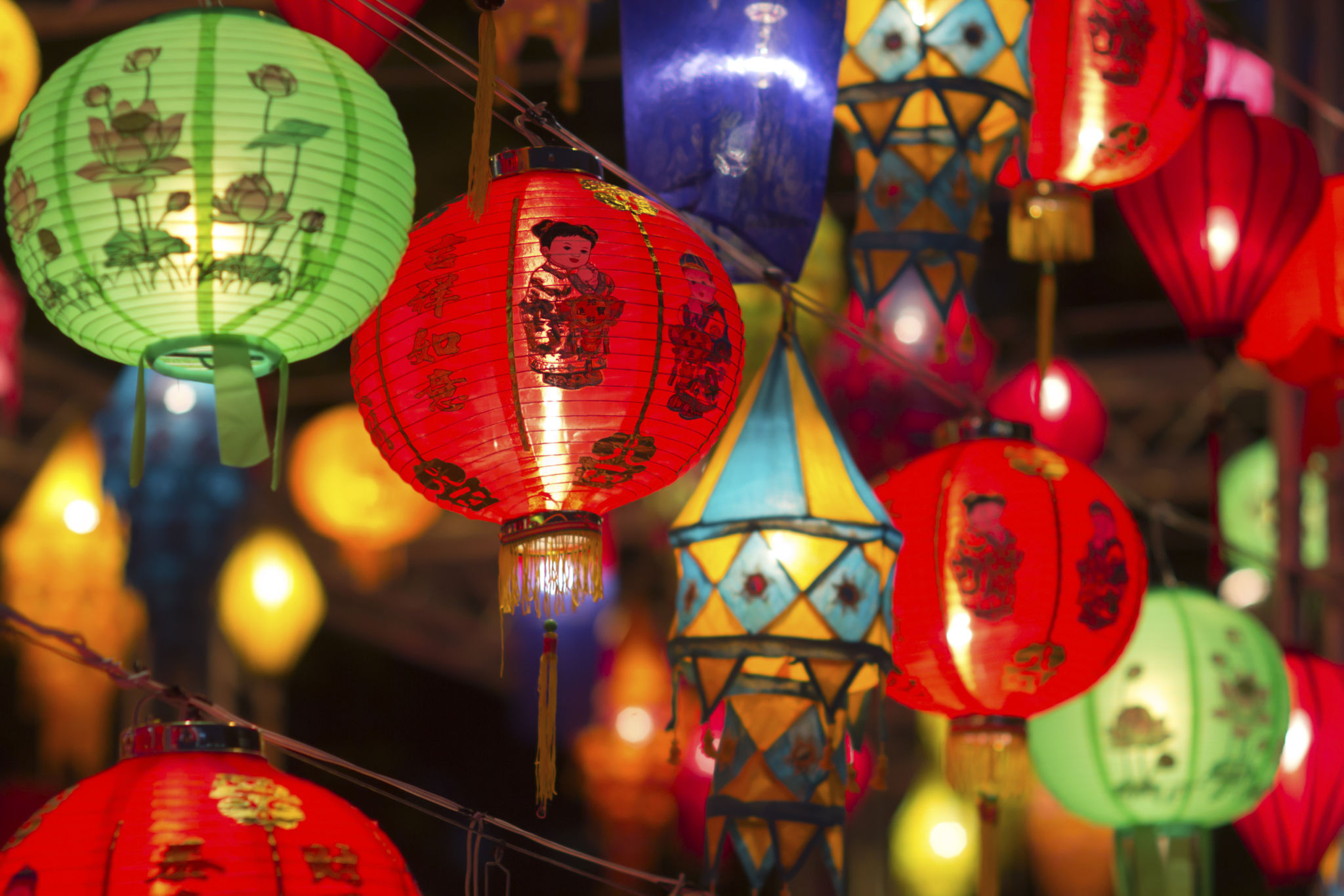Seasonal Event Planning Tips: Navigating Hong Kong's Unique Challenges
Understanding the Unique Landscape of Hong Kong
Hong Kong is a vibrant city known for its bustling streets, towering skyscrapers, and rich cultural heritage. Planning a seasonal event here comes with its own set of challenges and opportunities. Understanding the unique landscape, both figuratively and literally, is crucial for a successful event.
The city’s compact geographical layout means that space is at a premium. This can pose logistical challenges, but with strategic planning, it also offers the chance to create intimate and memorable experiences. Additionally, the ever-changing weather patterns, from hot and humid summers to cool, dry winters, should be factored into your planning process.

Choosing the Perfect Venue
One of the first steps in event planning is selecting the right venue. In Hong Kong, this can range from luxurious hotel ballrooms to unique outdoor spaces. Consideration should be given to the type of event, expected attendance, and the atmosphere you wish to create. Many venues offer excellent views of the cityscape, which can add an extra layer of charm to your event.
Accessibility is another important factor when choosing a venue. Hong Kong’s efficient public transportation system can be leveraged to ensure guests have easy access. Furthermore, venues located near major transport hubs can enhance attendance and punctuality.
Embracing Cultural Nuances
Hong Kong is a melting pot of East and West, with rich traditions influencing its social fabric. When planning events, it’s important to consider cultural nuances that may impact guest expectations and participation. For instance, understanding local customs and holidays can help avoid scheduling conflicts and enhance the relevance of your event.

Incorporating elements of local culture into your event can also enrich the experience for attendees. This could be through traditional performances, culinary choices, or incorporating feng shui principles into your setup.
Effective Marketing and Communication
Given Hong Kong’s competitive event landscape, effective marketing is essential. Utilize both digital platforms and traditional media to reach your target audience. Social media channels like Instagram and Facebook are popular in Hong Kong and offer powerful tools for event promotion.
Communication with your audience should be clear and tailored. Consider bilingual or multilingual options for marketing materials to cater to both local and international guests. Email campaigns, press releases, and partnerships with local influencers can also boost visibility.
Navigating Regulatory Requirements
Event planning in Hong Kong often involves navigating various regulatory requirements. Depending on the nature of your event, permits might be required for aspects such as venue use, food service, and entertainment. It’s important to start this process early to avoid last-minute hurdles.

Engaging with local authorities and understanding their guidelines ensures compliance and smooth operation on the day of the event. Partnering with local vendors who are familiar with these requirements can also be beneficial.
Leveraging Local Resources
One of the advantages of hosting an event in Hong Kong is the access to a wide array of resources and vendors. From top-notch caterers offering diverse cuisines to skilled decorators who can transform any space, leveraging these resources can elevate your event.
Collaboration with local businesses not only supports the community but also provides authenticity to your event. It’s advisable to build strong relationships with reliable vendors who understand your vision and goals.
Preparing for Contingencies
While meticulous planning is essential, preparing for unexpected challenges is equally important. Weather conditions in Hong Kong can be unpredictable, so having contingency plans for outdoor events is prudent. This could include securing backup indoor locations or renting tents and canopies.

Additionally, ensure there’s a plan in place for technical issues or sudden changes in guest numbers. Flexibility and adaptability are key traits of successful event planners in this dynamic city.
Post-Event Evaluation
After the event concludes, conducting a thorough evaluation helps in understanding what worked well and what could be improved. Gathering feedback from attendees through surveys or informal conversations provides valuable insights for future events.
Analyzing the success of marketing campaigns and logistical operations will inform better practices moving forward. Celebrating successes with your team and stakeholders helps in building morale and encouraging continuous improvement.
